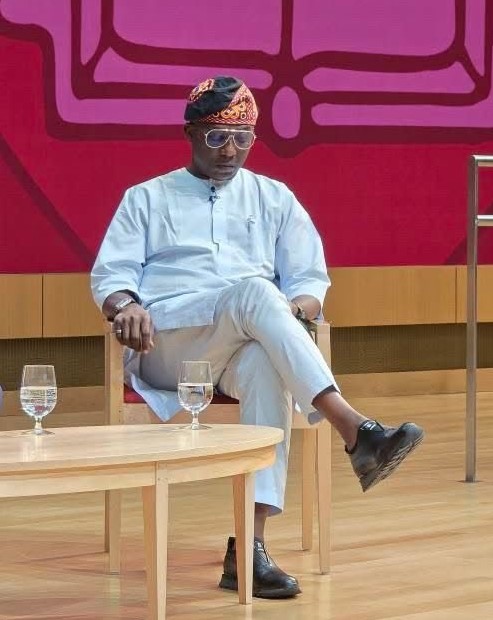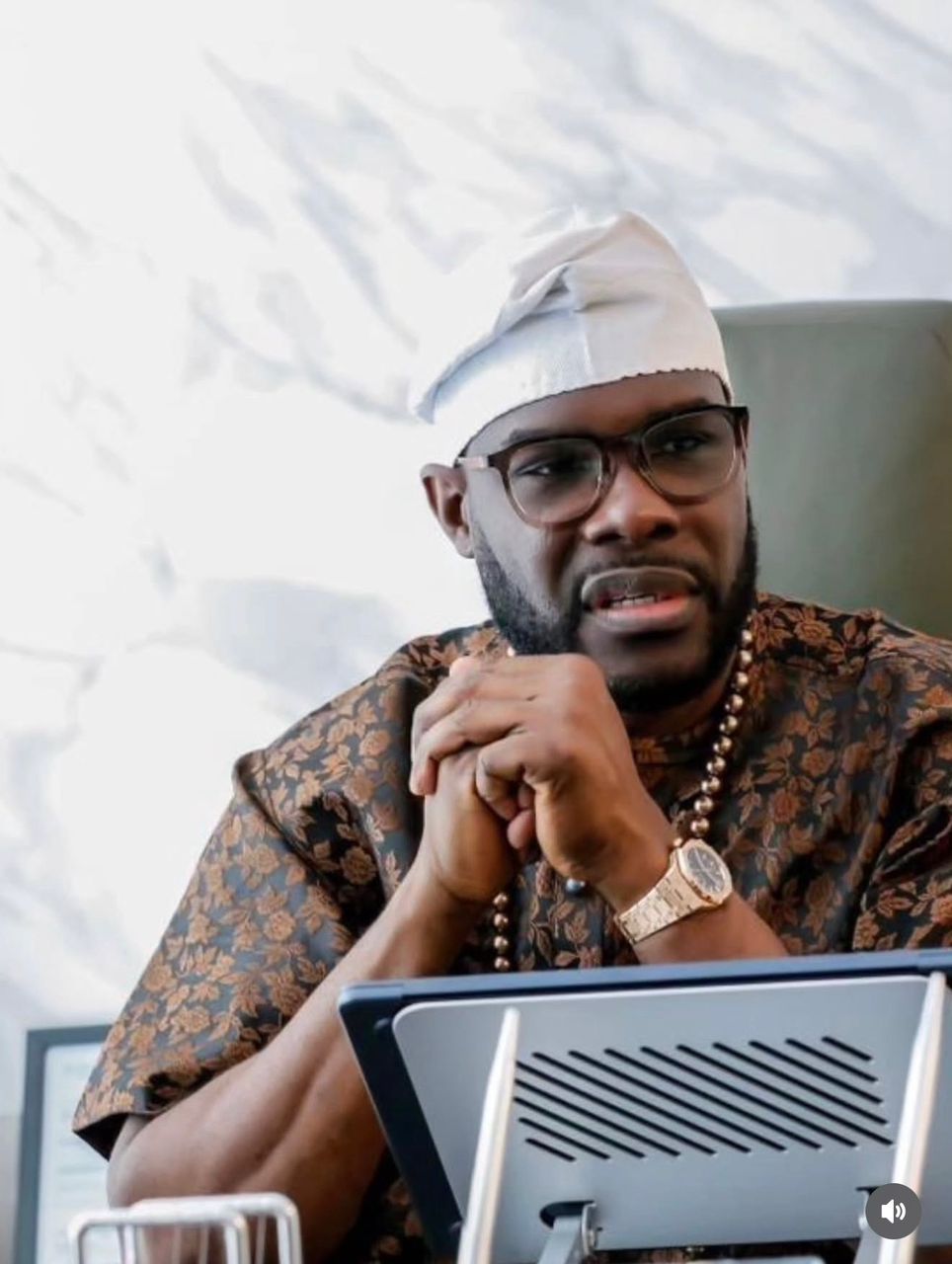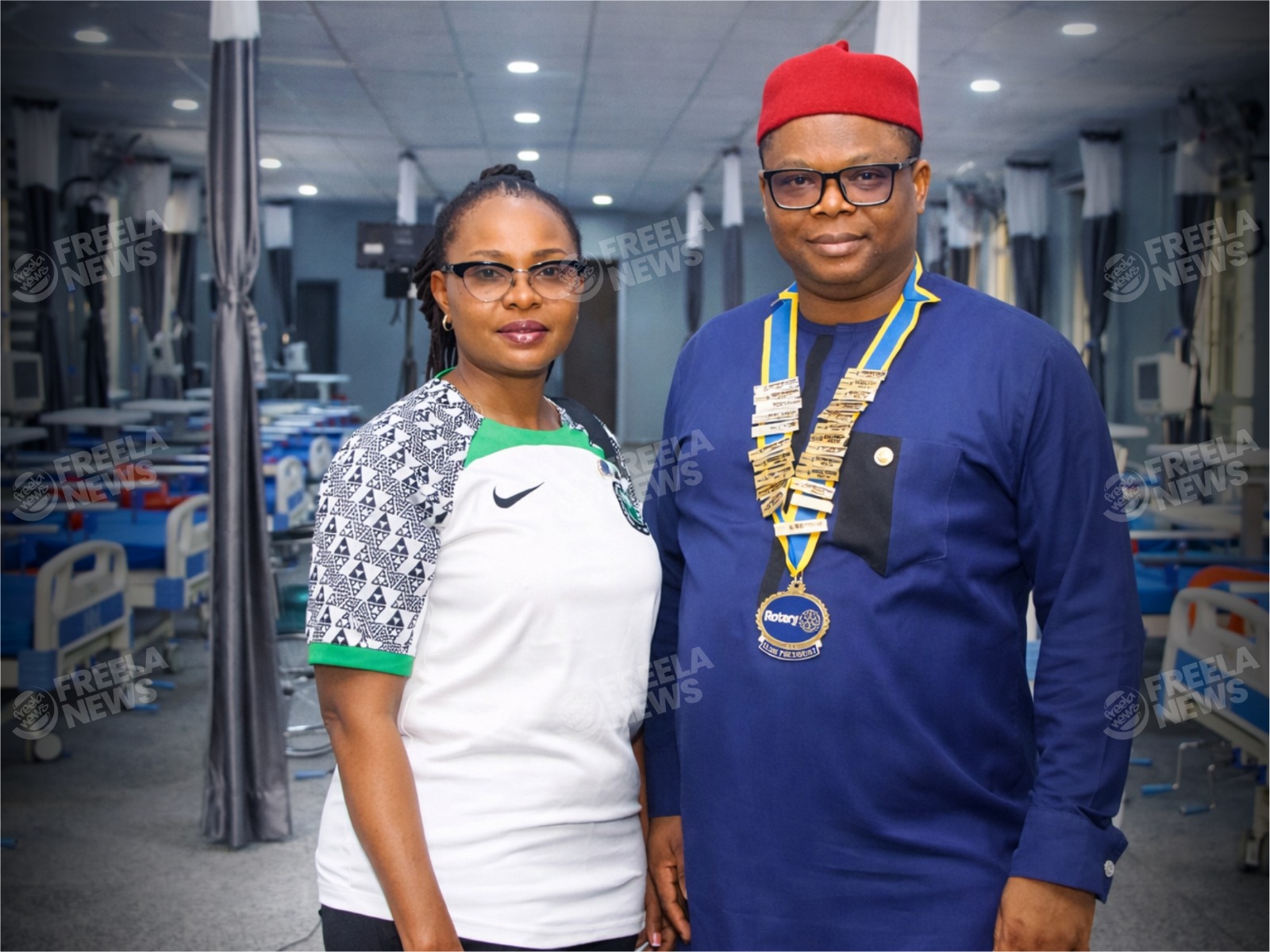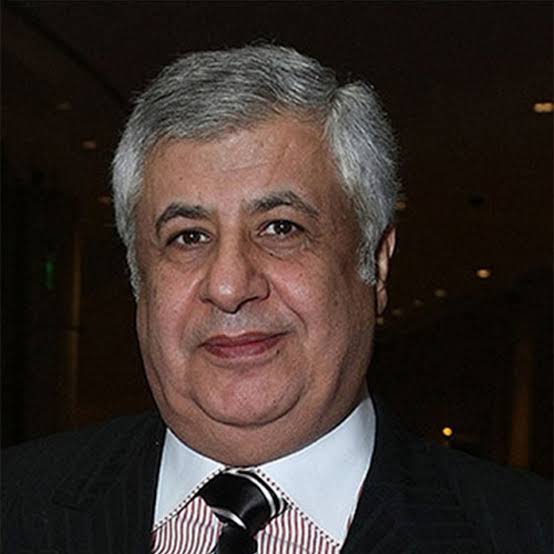Tokunbo Wahab Hits International Spotlight
FUNSHO AROGUNDADE

Two years in the saddle as the Commissioner in the Environment and Water Resources ministry of Lagos State, Tokunbo Phillip Wahab seems to have had a full grasp of the book, chapters and verses of his mandate.
When he was given the portfolio, many considered it a tough job. But based on his antecedents as a performer, many believe the appointment is a round peg in a round hole. So far so good, he has proven them right and cemented his position as one of the state’s most impactful leaders and become something of a mythic figure in the city’s landscape wars.
Given his achievements so far, Wahab has been attracting interests from both government and non-governmental organisations who tapped him to meet minds with other stakeholders in the environmental and climatic ecosystem.
He set the tone as the keynote speaker at the Lagos International Climate Change Summit, followed it with the World Environment Day Summit while also playing host to dignitaries from all over the world who attended the 5th Lagos International Water Conference.
Wahab’s astute leadership and ingenuity have resulted in many remarkable feedbacks including the State’s deliberately shifting to a circular model that sees waste as a resource for wealth and energy.
Taking cognisance of these lines of achievements, Harvard Business School — a private Ivy League research university and one of the world’s most trusted sources of management education and thought leadership— tapped Wahab to be on a panel at its Climate Symposium.
Held last Saturday September 20 in Boston, Massachusetts, United States, the panel session with the theme: “Rising Seas, Resilient Communities: Climate Adaptation Strategies in West Africa”, had Wahab share Lagos’ realities as a coastal megacity and the limitations as a sub-national.
The trained lawyer —with Ivy League credentials and a résumé that runs through the same Harvard Kennedy School and Aluko & Oyebode— explained that aerial geographic information has shown Lagos’ original landmass of 3,577 sq. m has expanded to 4,050 sq. m due to the massive reclamation of wetlands and lagoon water bodies for real estate construction.
He, however, stressed that the state has been exercising its legal powers to check the excesses associated with such human activity by insisting that anyone intending to embark on reclamation must obtain Environmental Impact Assessment (EIA) approval.
In summary, Wahab presented the State’s clear commitment: to protect the environment, prosecute those who damage it, communicate with citizens through advocacy on safe practices, and work with regional and international partners to build a Lagos that is not just surviving climate change but leading in adaptation strategies.
To thousands of participants and attendees including those who viewed the conversation virtually, Wahab’s eloquence, gait and demeanour left many awe while his composure, knowledge and mastery of the issues were impressive.













